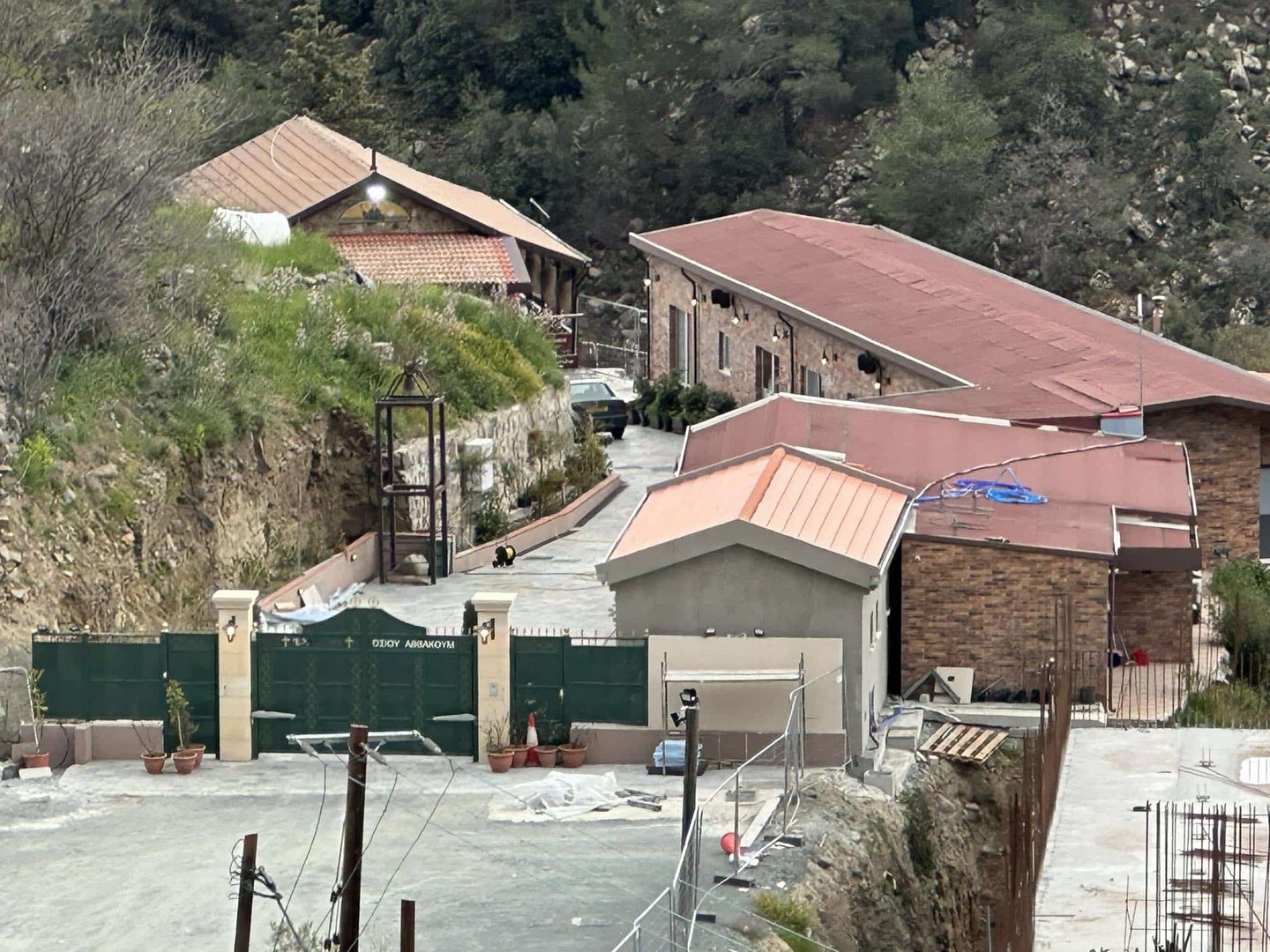Police investigations into the scandal at the Osiou Avakoum monastery are expected to be completed “within days”, sources close to the Cyprus News Agency (CNA) said on Tuesday.
The sources made their claims following a meeting held at the legal service, at which both Attorney-General George Savvides and his deputy Savvas Angelides were informed about the latest developments.
They added that during the meeting, fresh instructions were given to the investigators, with the aim of swiftly concluding the investigations and sending the case files to the Attorney-general’s office.
The police’s investigation centres on a video which appeared to show a monk at the monastery attack a woman with a belt. The woman, a former employee of the monastery, filed a complaint regarding sexual harassment and assault.
In addition, police are investigating the €807,000 in cash which was found at the monastery.
The police’s investigation is separate from that of the church, at which the two monks, Isaias and Timotheos, testified last week.
Accompanied by their lawyers Adrianna Klaedes and Anastasios Vavouskos, the monks testified for around two hours each.
Alongside the €807,000 cash, the two monks had been caught on camera engaging in sexual activity with one another in March.
It was also alleged that they were using artificial myrrh on a cross which would have a stream eject from it, which they reportedly falsely claimed was a sign of a miracle.
Police began to investigate the matter, securing access to the monks’ bank accounts, land registry and other services so as to further investigate the allegations against them.
The monks had filed the appeal to have the money returned to a few weeks ago.
The appeal, submitted by the monks and two of the public to whom the money appears to belong, was only given to the legal service and the anti-money laundering force Mokas.
However, the court insists that it should have also been served to other interested parties.
The monks’ appeal states that not all the facts were presented by the police to secure the freezing orders for the money and property and that if the court had known all the facts, it would not have issued said orders.







Click here to change your cookie preferences